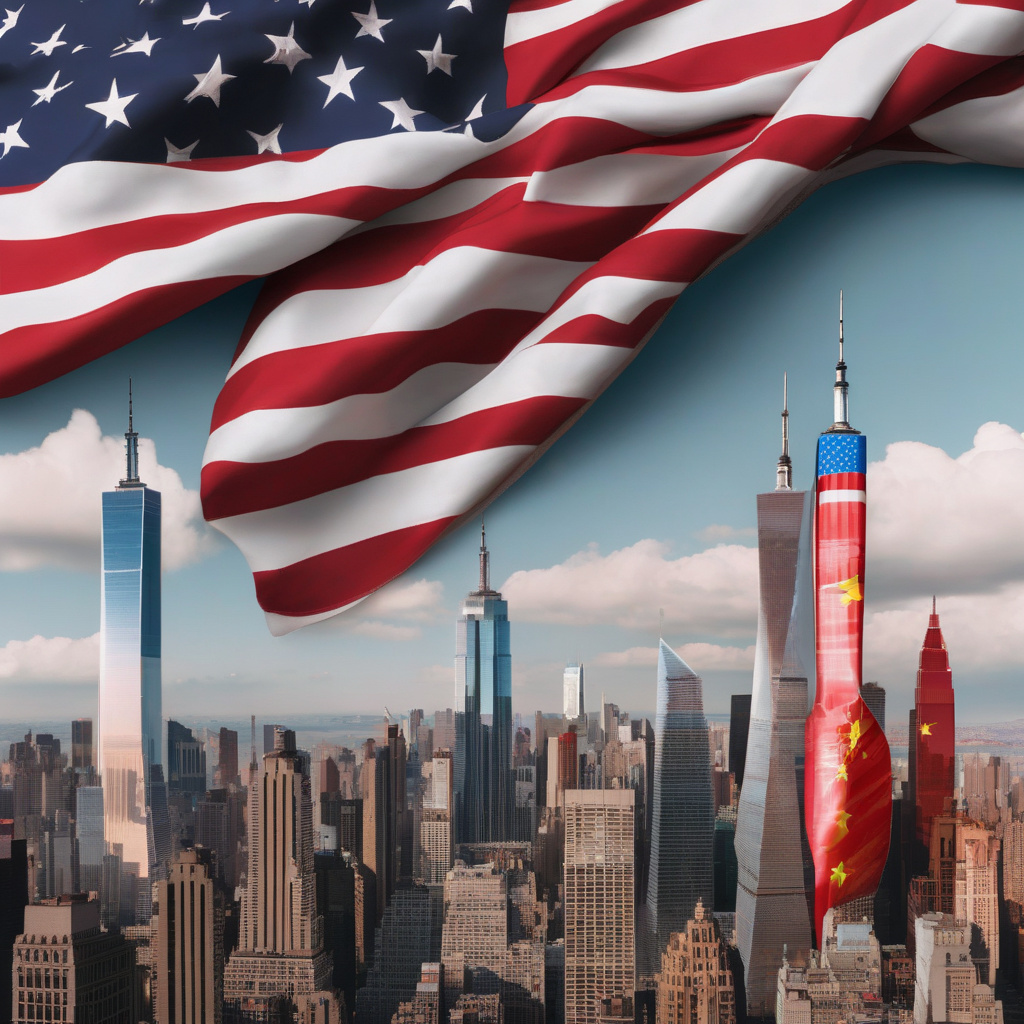TikTok Deal Stalled Amid US-China Trade Tensions
The ongoing saga of TikTok’s potential spinoff of its US operations seems to have hit a significant roadblock. Talks that were in progress to separate the popular video-sharing app’s US arm from its Chinese parent company, ByteDance, have come to a standstill. The reason behind this sudden halt? China’s disapproval, which surfaced in response to President Trump’s recent tariff escalations in the ever-turbulent US-China trade relationship.
The Trump administration has been pushing for the divestiture of TikTok’s US operations over concerns related to national security and user data privacy. To address these apprehensions and save the app from a potential ban in the US, ByteDance had been in discussions with various American companies to strike a deal that would satisfy all parties involved. However, just as progress seemed to be on the horizon, China’s opposition emerged as a new obstacle.
The intricate web of international relations and business interests surrounding this deal showcases the complexities of operating in a globalized world. The intertwining of politics, economics, and technology has created a situation where a popular social media platform has become a pawn in a larger geopolitical game. The implications of this impasse reach far beyond just TikTok’s future; they underscore the broader challenges faced by companies navigating the uncertain terrain of international trade and diplomacy.
The TikTok saga also highlights the growing trend of governments worldwide asserting their control over the tech industry. From data privacy regulations to antitrust actions, authorities are increasingly scrutinizing the operations of tech giants and demanding more transparency and accountability. In this environment, companies like TikTok find themselves caught in the crossfire, forced to navigate shifting regulatory landscapes and geopolitical tensions.
As the situation continues to unfold, it remains to be seen how TikTok, ByteDance, and the various other stakeholders involved will respond. Will a compromise be reached that satisfies both US national security concerns and Chinese regulatory requirements? Or will the deal ultimately collapse under the weight of competing interests and political pressures? The answers to these questions will not only shape the future of TikTok but also serve as a bellwether for the broader tech industry’s trajectory in the face of escalating geopolitical tensions.
In a world where boundaries between the digital realm and geopolitics are increasingly blurred, the TikTok deal serves as a stark reminder of the challenges and opportunities that lie ahead. As companies navigate these uncertain waters, adaptability, foresight, and strategic decision-making will be key to weathering the storm and emerging stronger on the other side.
#TikTok, #USChinaTrade, #ByteDance, #Geopolitics, #TechIndustry












